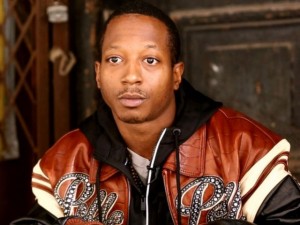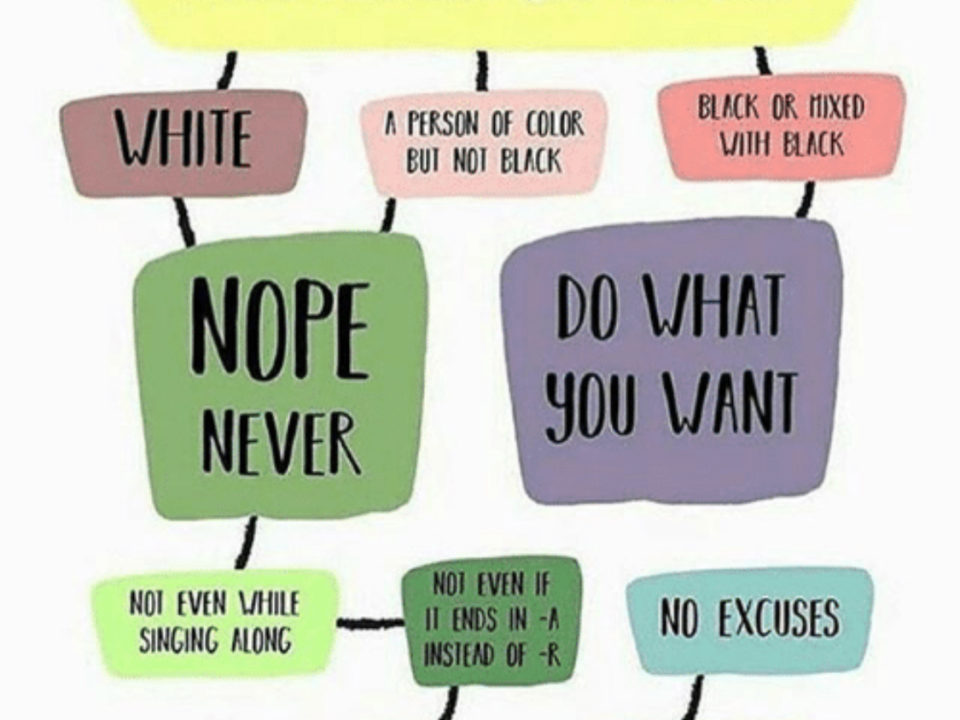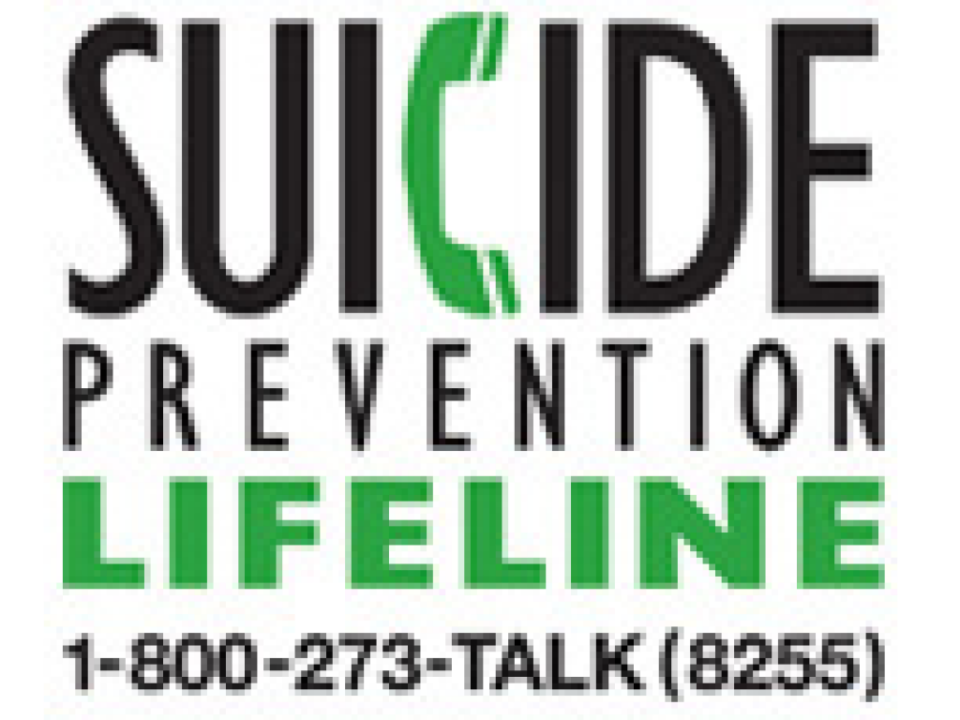Yes, I realize that Kalief was no longer a child when he committed suicide by hanging himself last Saturday. Truth be told, suicide is the wrong word here. Sure, Kalief may have committed the final act when he pushed himself through a hole in the wall with the air-conditioner cord wrapped around his neck, but we had killed Kalief long before that. We killed Kalief when we imprisoned him at 16 years-old, subjected him to repeated emotional and physical brutality and put him in solitary confinement for more than two years.
Yesterday, when I decided to write this blog, my intention was to produce a scholarly piece about the effects of solitary confinement on the developing adolescent brain. I planned to then describe the physical and mental injuries that can result, both from the short-term and long-term perspectives. Finally, I would bring it all together with recommendations about how to reform the juvenile justice system in an effort to prevent future tragedies like that of Kalief Browder.
But as I researched all of the related statistics, I noticed that my heart was racing, there was a lump in my throat, my stomach was churning, I felt weary and angry and sad and powerless. I was exhausted. Exhausted because I just wrote a blog on police brutality. Exhausted because I just made a Facebook post about Freddie Gray. Exhausted because I just did a radio interview about McKinney, TX. Exhausted because I remember the names and faces of so many patients who have touched me as I cared for them in my 14 years as a Psychiatrist -- people who were these children trapped in a toxic juvenile justice system. Exhausted because I have a brother who has been in prison for 21 years and has been repeatedly subjected to solitary confinement for extended periods of time. Exhausted because I have two sons and with every picture of Kalief Browder, I see their faces.
Rather than pulling myself up by the bootstraps, I let myself sit in the pain. Sure, I could have used my higher defense mechanism of intellectualization and dove into the statistics, the neurobiology, the psychosocial damages. But instead, I pushed away my keyboard, put my head in my hands and I let myself cry. I cried for the more than 95,000 youth in jails and prisons. I cried for the parents, families and communities of those youth. I cried for the adults in my psychiatric practice who were those youth. I cried for the thousands of youth who like Kalief Browder never recovered. I cried for my brother. I cried for the fear I have for my own sons who at ages 8 and 9 will soon begin to look like criminals to too many. I cried for myself. I cried for you. I cried for us. I cried for this country.
At some point, I realized that my well of tears was potentially bottomless, and I began to pull myself together. With perfect timing, a friend and colleague sent me a Facebook message. “Have you seen this?” It was a link to the YouTube Video of a TED Talk by Bryan Stevenson, a professor at NYU Law and Executive Director of the Equal Justice Initiative. The talk is aptly titled: “We Need to Talk About an Injustice.”
Desperate for some intellectual comfort, I clicked on the link and began to watch. I was enthralled. I paused and rewound and copied down quotes – too many to add to this blog. I felt invigorated and renewed. I felt my sadness and anger and weariness not being replaced – but rather being joined with a sense of purpose and reinforcement that this country can and will change. I won’t recount the entire talk for you because I want you to watch it. But, I will tell you that this talk is the reason my blog is entitled “One of Too Many Children WE killed.” One of the central ideas Mr. Stevenson explored was the idea that in this country we insulate ourselves from our problems. We refuse to talk about our problems because it is too painful. And rather than sit in that pain, and let that pain drive us to demand a change, we intellectualize – and think of all the reasons why it is not as bad as it seems – or even come to believe that those problems are not our own, but rather someone else’s.
Well, it is as bad as it seems. And this problem is not their problem, it’s our problem. We are killing our children by the thousands. Not they. Not the criminal justice system. Not the police. WE. The collective WE that is comprised of every single human being in this country.
I will end this blog with one of my favorite quotes from Bryan Stevenson’s TED talk.
“Ultimately our humanity depends on everyone’s humanity. I’ve come to understand and to believe that each of us is more than the worse thing we’ve ever done. I believe that for every person on the planet. I think if somebody tells a lie, they are not just a liar. I think if somebody takes something that doesn’t belong to them they are not just a thief. I think even if you kill someone, you’re not just a killer. And because of that, there’s this basic human dignity that must be respected by law.”
WE have to change ourselves. WE have to change the pervasive attitude that a person’s basic human dignity somehow hinges on the degrees they have, the jobs they work, the neighborhoods they live in, the color of their skin, the God they do or do not worship, the texture of their hair, the cars in their driveway, the shoes on their feet, the gender they identify with, the political party they support, the sex they are attracted to, the person they want to marry, whether or not they have food stamps, the mistakes they have made, the crimes they have committed etc. etc. etc. We have to know that basic human dignity comes purely from being human. We have to come to fully believe that and make ourselves behave accordingly.
So I hope that as we are demanding changes in policing practices and demanding changes in disparate use of the criminal justice system in this country that we are also demanding changes in ourselves because it is only by changing the collective WE that we will be successful in making Kalief Browder one of the last children that we kill. Our humanity depends on it.




